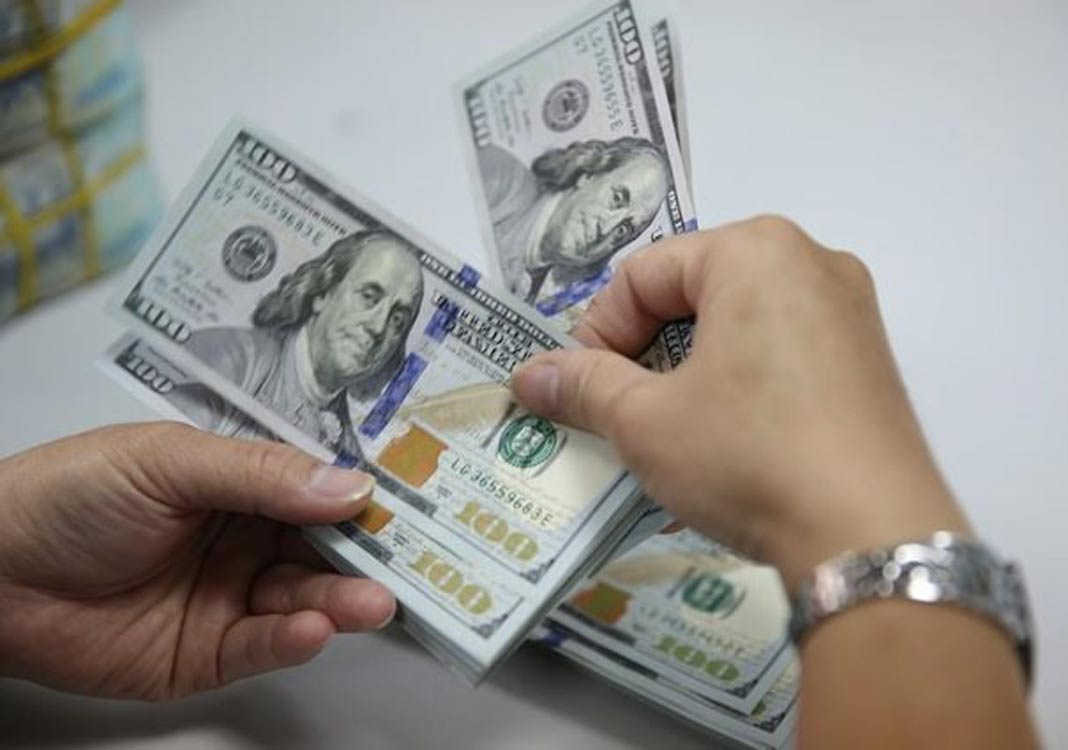HCMC – Vietnam’s foreign reserves have hit a new record of some US$92 billion and are forecast to reach some US$100 billion at the end of this year, Prime Minister Nguyen Xuan Phuc said at a monthly cabinet meeting early this month.
At the end of 2019, the nation’s foreign reserves stood at US$80 billion. The State Bank of Vietnam bought an additional US$12 billion between January and August to set the new record.
According to the General Department of Vietnam Customs, the country had a trade surplus of around US$2.5 billion last month, taking the total in the January-August period to US$10.9 billion.
Experts from SSI Research in a report said that the strong foreign currency supply enabled the central bank to make huge purchases in August.
“Foreign currency supply and demand is convenient now and the greenback is under devaluation pressure in the world market. Therefore, the dollar price may continue moving sideways in the coming time,” they said.
Commenting on the information, experts said the central bank should reduce further purchases of the dollar, as the level is higher than the minimum level required, at around three months of import.
Economist Nguyen Duc Thanh, former director of the Institute for Economic and Policy Research, said Vietnam’s foreign reserves have swelled sharply this year. According to a report of the central bank, the trade surplus amounted to around US$11 billion in eight months, mostly because imports shrank faster than exports.
Therefore, the central bank has repeatedly purchased foreign currencies, leading to the nation’s foreign reserves soaring rapidly. The move is necessary as otherwise the Vietnamese dong will become steadier against other currencies, Thanh was quoted as saying by motthegioi.vn website.
The dong appreciation may cause disadvantages to Vietnamese exporters. Besides this, the nation has seen the dollarization mitigated in recent years thanks to the Government’s policies of exchange rate stabilization and zero interest rate for foreign-currency bank deposits. Therefore, regarding foreign exchange policies, the nation should continue maintaining exchange rate stability, without the need for the dong appreciation.
Vietnam may face the risk of being accused of currency manipulation by the United States given the soaring foreign currency reserves. However, the country needs to raise foreign reserves further to around six months of import.
In the current context, the specific target for the next 12 to 18 months should be US$150 billion. The local economy is poised to grow further, leading to a larger export-import scale and higher foreign reserves, he said.
Given the economic recovery after the Covid-19 pandemic, the nation may see the U.S. dollar demand bouncing back rapidly. At that time, foreign reserves are needed to intervene in the market, Thanh said.
The expert concluded by saying the rising foreign reserves reflect the developments of the economy and the viewpoint of the central bank. It is necessary to balance the purchases to avoid inflation.









